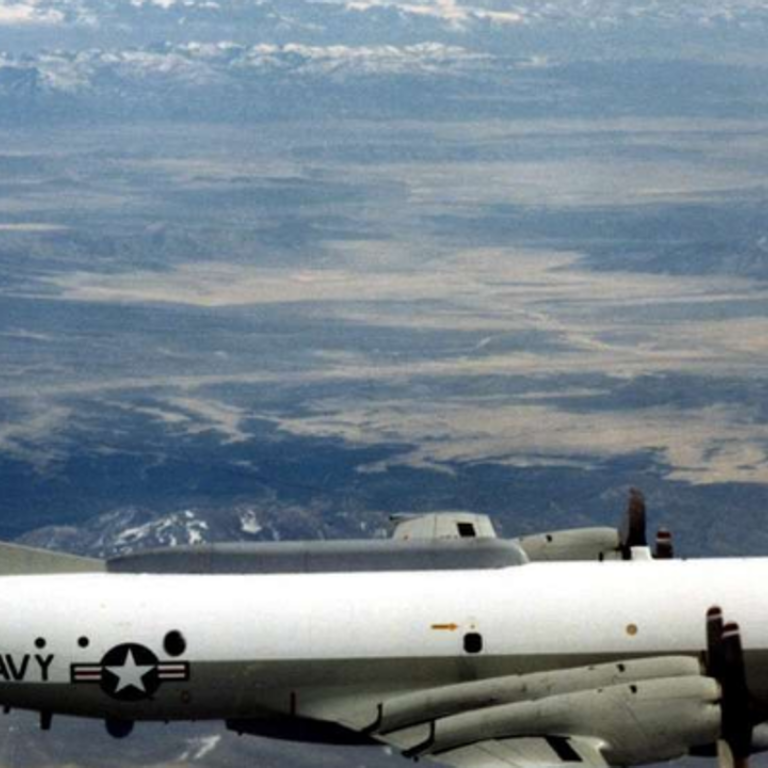
China and US must ensure they observe operational safeguards in disputed waters
Code of behaviour that both countries have signed up to must be enforced at the highest political and military levels to avoid accidental confrontation
The US and China are parties to a code of behaviour designed to control the risk of close encounters leading to military clashes through accident or miscalculation. It includes an annex that deals specifically with air-to-air encounters. A disturbing incident over the northern waters of the South China Sea last week, involving two Chinese J-11 fighter jets that made a close interception of an American EP-3 spy plane, shows the need for political and military chiefs to ensure that the protocols are observed at the operational level.
In a war of words, the Pentagon claimed the fighters made an “unsafe” interception in international air space over disputed waters. Beijing insisted the Chinese aircraft kept a safe distance and said the close surveillance posed a security threat to China. This exchange reflects differences between the two nations over Beijing’s sovereignty and territorial concerns in the South China Sea, which former Hong Kong chief executive Tung Chee-hwa put into detailed historical and legal context in these pages yesterday. As he said, protecting today’s US-China relationship, developed since 1972, must be the first priority.
Incidents such as the EP-3 interception can easily turn into accidents that test the relationship. In 2001, the intercept of an EP-3 resulted in the death of a Chinese pilot and an emergency landing in Hainan (海南) province by the American plane. Right now the two powers can be expected to do their utmost to avoid any escalation that would inflame domestic sentiment. China is preparing to host the G20 summit in September and is tackling difficult economic reform, while the US is increasingly preoccupied with an election campaign that will put a new leader in the White House after eight years of Barack Obama.
But neither side can afford to be seen to be weak or indecisive. The White House cannot micromanage the world’s most powerful military and President Xi Jinping (習近平) cannot afford to risk undermining his authority over the military by trying to scale back its peacetime security role. The surveillance flight was, after all, close to a major submarine base. The real risk of military clashes arising from such incidents lies at the medium and lower levels. Politicians and the military often have a different stance.
The latest intercept is the kind of encounter that is specifically targeted by the air-to-air annex of the code of behaviour. The two sides need to redouble efforts at the highest political and military levels to see that operational safeguards are observed while they try to reconcile their differences over the South China Sea.

